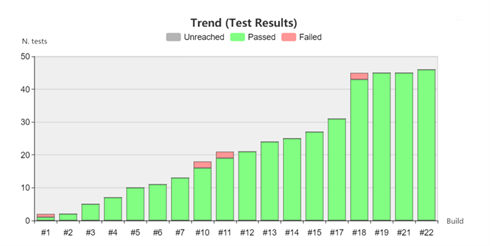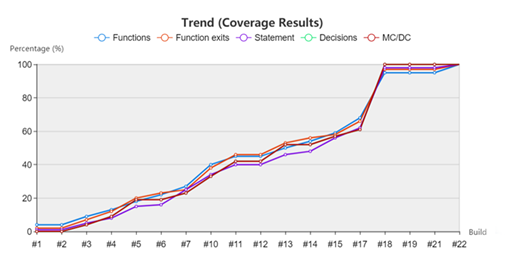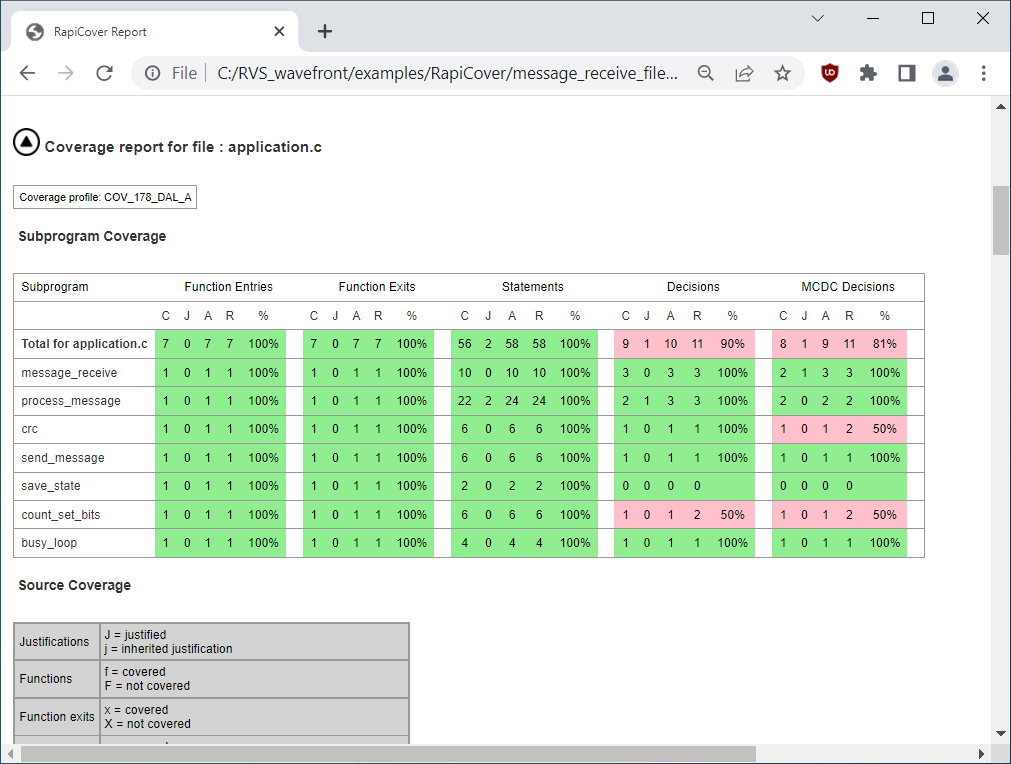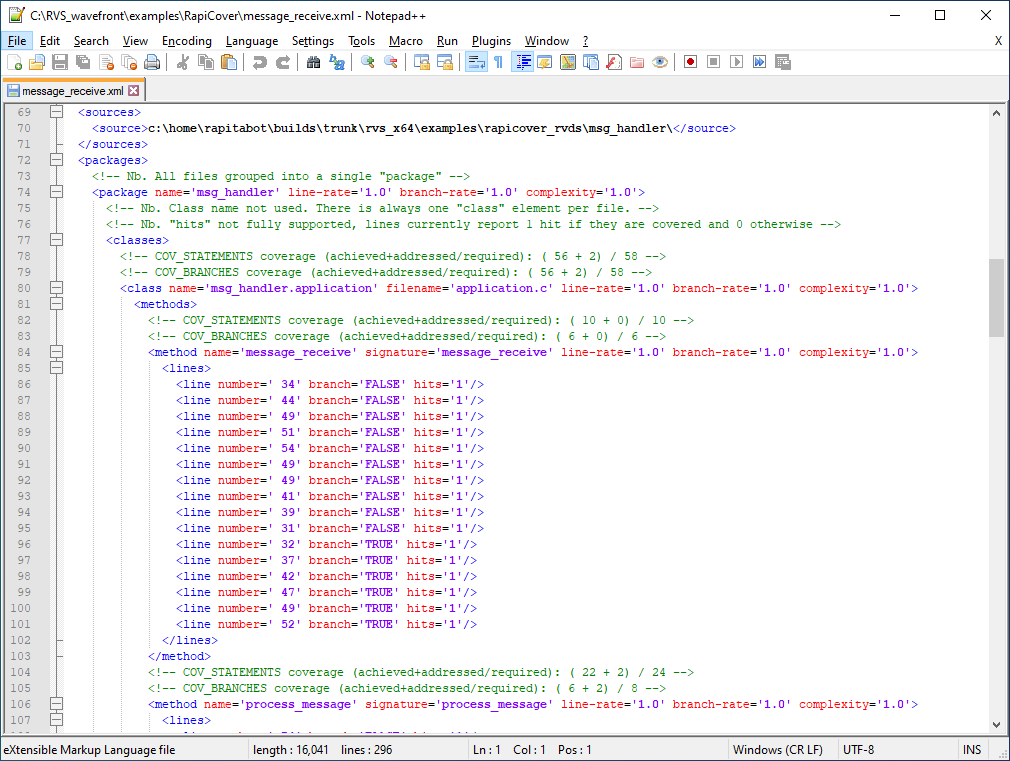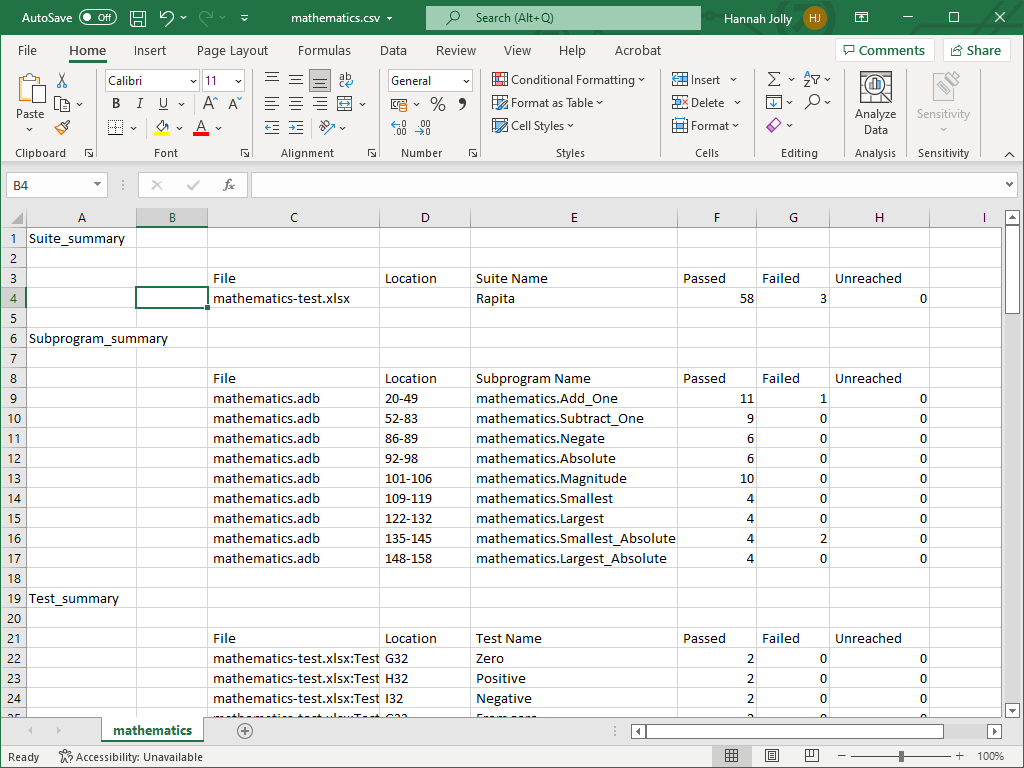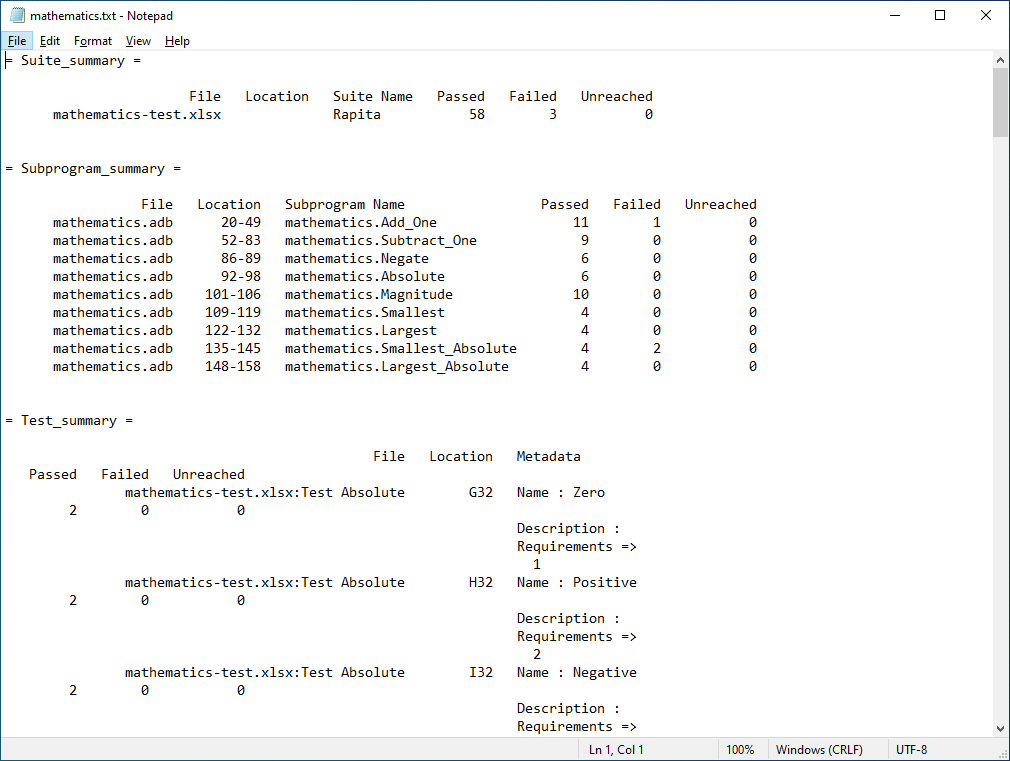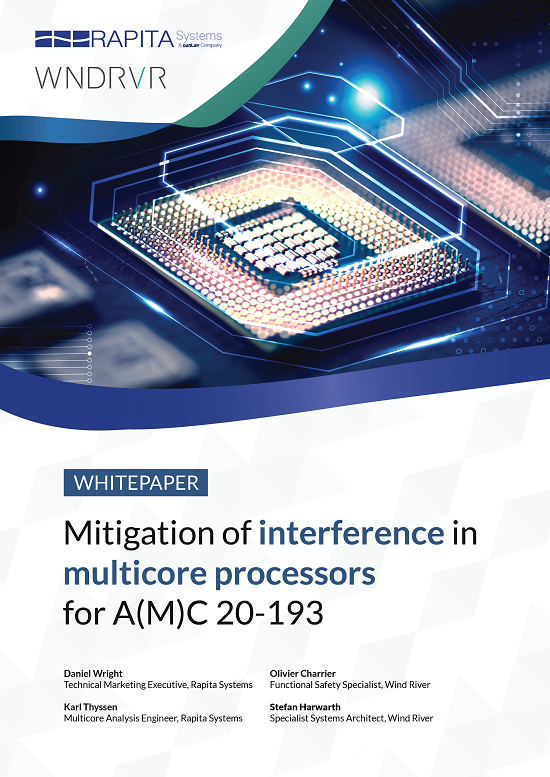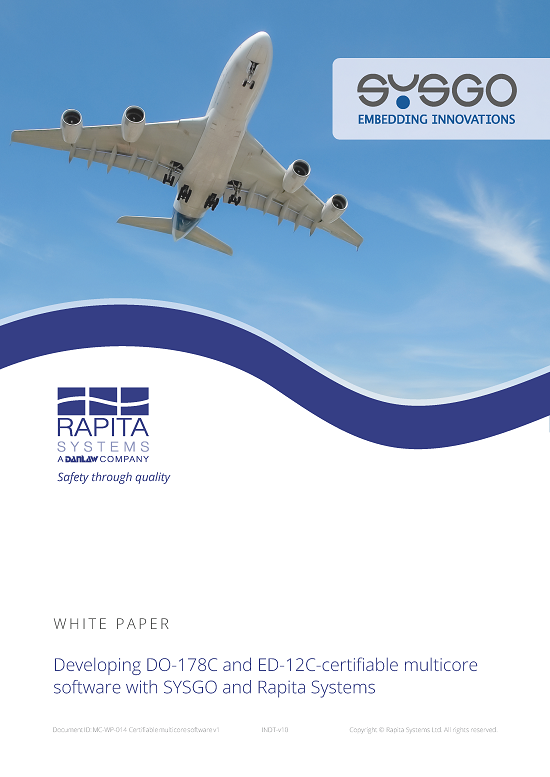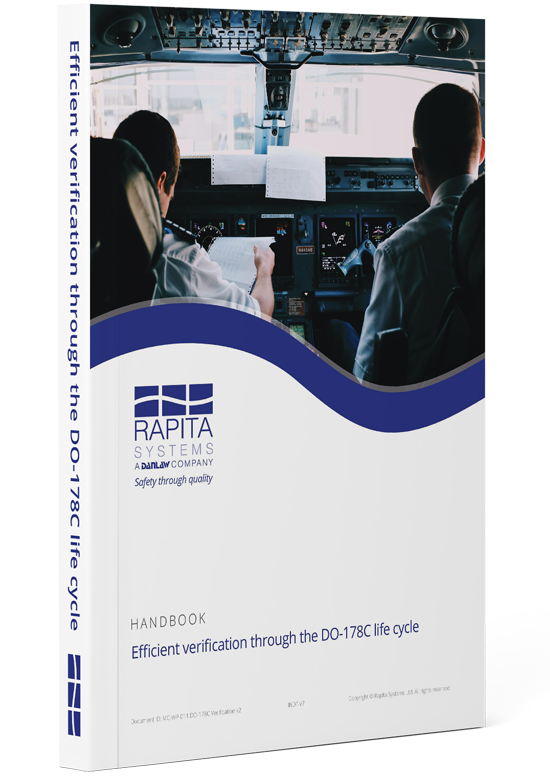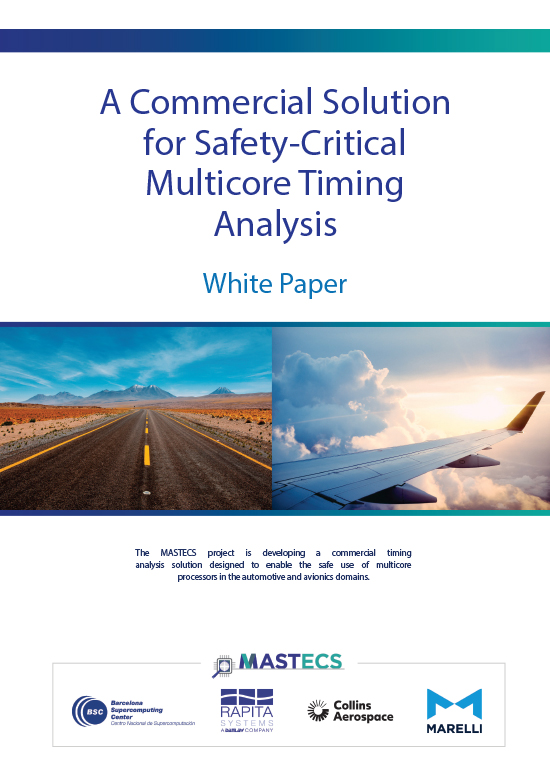Everything evolves over time, including software development methodologies – even those used in safety-critical applications such as aerospace and automotive software. It’s becoming more common for methods such as Agile and DevOps to be used in software development in safety-critical applications, but how can this be supported by verification tools?
In this blog, we’ll explore some of the features of software development methodologies such as Agile and DevOps, and how development following these methodologies can be supported by verification tools including RVS to enable increased efficiency, flexibility, cost reduction and early risk identification and mitigation.
Supporting Agile methodologies
Agile is a development methodology designed to maintain productivity and drive releases through continuous iteration of development and testing. By emphasizing an iterative, incremental and rapidly evolving approach to development, Agile enables early communication and feedback from project stakeholders and allows issues to be identified early, which can reduce project risk. In an Agile workflow, the overall project is split into multiple components, which are implemented incrementally before being integrated for final testing.
Rapid turnover and change monitoring are crucial in Agile workflows. To support this, a verification tool should enable a quick testing cycle and integrate with the customer’s existing development environment and toolchain, including source code and requirements management, issue tracking and continuous integration software. This improves the efficiency of software development, verification, and problem resolution processes. RVS supports rapid turnover by allowing automated generation of test templates and test vectors for boundary values. It supports change monitoring by integrating with a customer’s configuration management, requirements management and continuous integration software (including dedicated plugins for Jenkins® and Atlassian® Bamboo®).
Collaboration between different teams is an essential component of Agile development. To support this collaboration, it is important that verification tools allow deliverables to be easily shared and understood between teams. RVS supports this through features such as merging and comparison of test results and offering multiple user-friendly test authoring formats as well as multiple formats for exporting results.
Supporting DevOps methodologies
DevOps is a product development method that focuses on ensuring smooth interactivity between the Development and Operations functions of an organization. Adopting a DevOps methodology can bring a number of benefits including increased efficiency, faster delivery of products, and faster resolution of issues.
Continuous testing and reporting are key aspects in a DevOps development approach. Continuous testing incorporates automated, prescheduled tests as application code is being written or updated, and it is often supported by the use of continuous integration tools. To provide an efficient solution for the verification of code in projects using a DevOps approach, verification tools should provide easy-to-implement and powerful automation capabilities. RVS makes it easy to automate testing, and reporting of verification results, by providing access to the underlying tools from the command line and supporting integration with CI systems such as Jenkins and Bamboo.
As DevOps involves team members with different skills and specialities working together to develop and launch a product, it’s important that verification results can be shared and communicated between teams. This can be supported by results and tool licenses being easily shareable between teams. By offering a range of results export formats, including HTML, CSV and easily-“diffable” text formats, and reporting through CI tools, RVS makes it easy to share results between teams. The flexible licensing offered by RVS also allows different teams (even in different geographical regions) to access the same tools, reducing the number of licenses needed to support a project.
Verify software your way with RVS
We’ve seen how RVS’s flexibility supports the verification of code developed using modern software development approaches. For more information on RVS or to arrange a demo, visit the RVS web page or contact us.
Jenkins® is a registered trade mark of LF CHARITIES, Inc. Atlassian® and Bamboo® are registered trade marks of Atlassian Pty. Ltd.

 Rapita System Announces New Distribution Partnership with COONTEC
Rapita System Announces New Distribution Partnership with COONTEC
 Rapita partners with Asterios Technologies to deliver solutions in multicore certification
Rapita partners with Asterios Technologies to deliver solutions in multicore certification
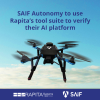 SAIF Autonomy to use RVS to verify their groundbreaking AI platform
SAIF Autonomy to use RVS to verify their groundbreaking AI platform
 RVS gets a new timing analysis engine
RVS gets a new timing analysis engine
 How to measure stack usage through stack painting with RapiTest
How to measure stack usage through stack painting with RapiTest
 What does AMACC Rev B mean for multicore certification?
What does AMACC Rev B mean for multicore certification?
 How emulation can reduce avionics verification costs: Sim68020
How emulation can reduce avionics verification costs: Sim68020
 How to achieve multicore DO-178C certification with Rapita Systems
How to achieve multicore DO-178C certification with Rapita Systems
 How to achieve DO-178C certification with Rapita Systems
How to achieve DO-178C certification with Rapita Systems
 Certifying Unmanned Aircraft Systems
Certifying Unmanned Aircraft Systems
 DO-278A Guidance: Introduction to RTCA DO-278 approval
DO-278A Guidance: Introduction to RTCA DO-278 approval
 Avionics Certification Q&A: CERT TALK (with Consunova and Visure)
Avionics Certification Q&A: CERT TALK (with Consunova and Visure)










